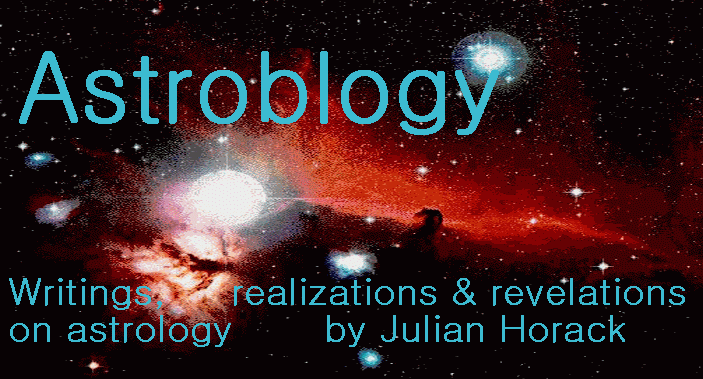I woke the other day, all bleary-eyed from having stared at the laptop screen into the wee hours the night before, and decided to take my dog, Marcus Arelius, for his morning walk across the Keurbooms River. Actually it’s a morning swim for him but I get to wade over in my swimmers. However, although he jumped in and paddled off in doggy, I noticed the water level was way higher than was decent for my swimmer-clad limbs at that time of the day, so I promised Marcus Arelius a rain cheque and went back inside. It was then that I got to realize first hand how the cycles of the Moon and its magnetic pull, affects my everyday reality. The Keurbooms River runs into the lagoon, which is now fed directly by the tidal currents at Lookout Restaurant, particularly since the ocean totally wiped out Lookout beach and its parking lot during the Spring tides a few months back.
It’s this that got me thinking how the ancients paid as much attention to the Moon as they did the Sun. Ask any archeoastronomer and he will tell you there are clues hidden in the archaeological findings of pre-history that show that the heavens inspired and shaped the beliefs of the earliest civilizations. But then any woman will tell you how powerful the influence of the Moon is on our psyche. Just listen to her stories of how her menstrual cycle dictates everything from her moods to her appetite and more, like clockwork every lunar cycle. Actually we all have one of our biorhythmic cycles entrained to the lunar cycle of roughly 28 days. Farmers and sailors alike are tuned in to these cycles for their planting and sailing. Can’t imagine trying to do both; conjures up images of a mate watering his portable lettuce patch with desalinated Indian on the deck of his yacht.
Nevertheless it’s hard to deny that we come under the influence of cycles beyond our conscious awareness. In fact early sky gazers noticed patterns, and began associating them with events happening around them. Creation myths often came from observing the sky and seasons, with important rituals timed against an astronomical calendar. Early astronomers from every corner of the globe – India, the Middle East, North Africa, South America and Europe – developed calendars that determined their entire annual schedule.
The interplay of various planetary cycles has been found to have the qualities of a clock: an astoundingly intricate, mysteriously precise clock. Astrology has organized the workings of this clock into symbolic from which we can infer meanings about our time and place in the cosmos.

No comments:
Post a Comment